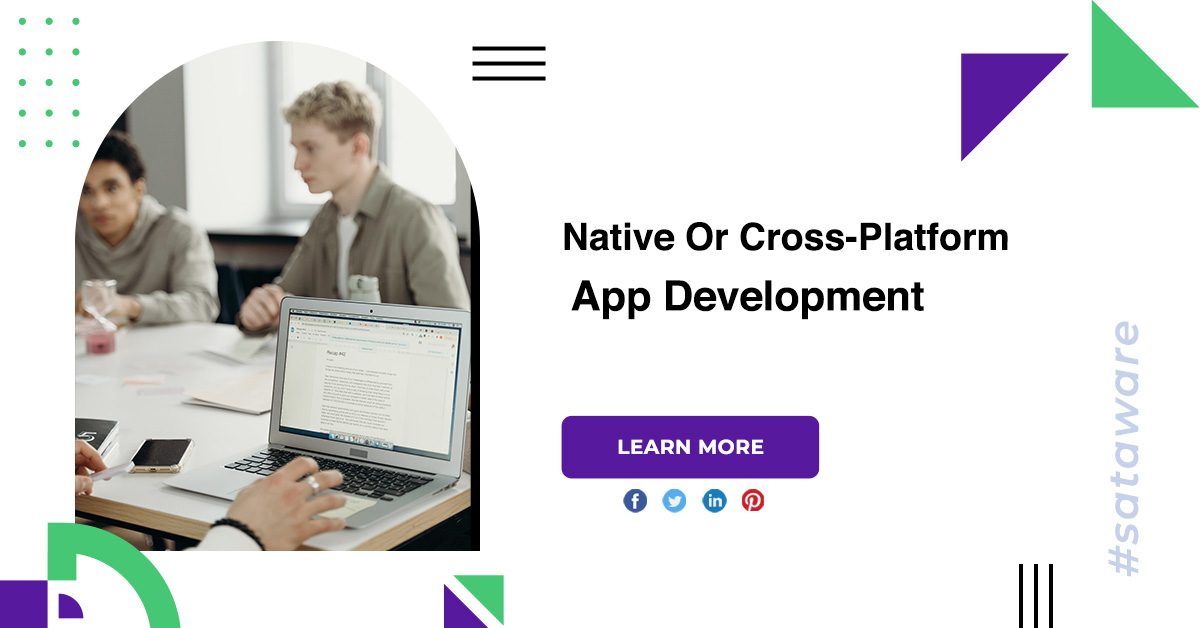Native Or Cross-Platform App Development
Native app development is the process of creating a mobile app exclusively for one native platform or device type, which is usually Android or iOS. A native iOS app would never work on Android and vice versa. This is because different platforms development technologies and programming languages. iOS apps require programming languages such as Objective and Swift, Android uses Java and Kotlin. Put simply, this means that if you want your app to be available on multiple platforms and devices, you would need your developers to build different versions of it.
Native or cross-platform app
Advantages
Lower costs
One of the key benefits of cross platform apps is that they are usually much more cost-effective to develop. You won’t need to pay nearly as much as you would for native app development, as you will only require hiring one development team with a specific set of skills, rather than multiple teams with varying skill sets.
Huge time savings
Additionally, the fact that cross-platform apps are designed to run on multiple platforms using the same code, your developers will be able to deliver much quicker than with a native app. Time is incredibly valuable to many businesses that want to stay one step ahead of their customers.
Larger exposure
Cross-platform development gives your app and business much greater exposure and a broader market reach. Cross-platform apps ensure that your app gets the most visibility, increases your revenue potential and exposes your business to the maximum number of people.
Brand consistency
The complete look and feel of your app consistent across different platforms and devices, then cross-platform is a good choice. Unlike with native apps, cross platform will allow you to keep every single detail, all the functionality and the UI exactly the same. Native apps are developed with a specific platform in mind, so two versions of the same app may look very different in actuality.
Disadvantages
Limited functionality
Cross-platform development can face issues with limited functionality. When building cross-platform apps, developers will need to account for a huge number of different devices. This can mean limitations in aesthetics and functionality. Developers need to make sure the app will work on all Android devices as well as iOS, which are vastly different.
Slower speed and worse performance
Unfortunately, cross-platform apps can suffer when it comes to performance. Broadly speaking, when comparing the performance of a native app vs a cross platform app, native will be slightly faster and less likely to face performance-related issues.
Slower time for new features
Every time Apple or Google launch a new feature for iOS or Android, it can take longer to update apps that are built using cross-platform development than it does for native apps.
Adaptability with 3rd party libraries
Cross-platform development relies on third party libraries which provide developers with the opportunity to integrate software that is already tested and is reusable. While this can be viewed as a benefit as it helps save time and cost, there is typically less support for cross-platform development tools and third party libraries that it relies on.
Conclusion
Native app development may be a more attractive option for those looking to create an app with a specific platform in mind, with great functionality and optimal performance. However, those opting for native development must be able to account for longer development times and higher costs.











